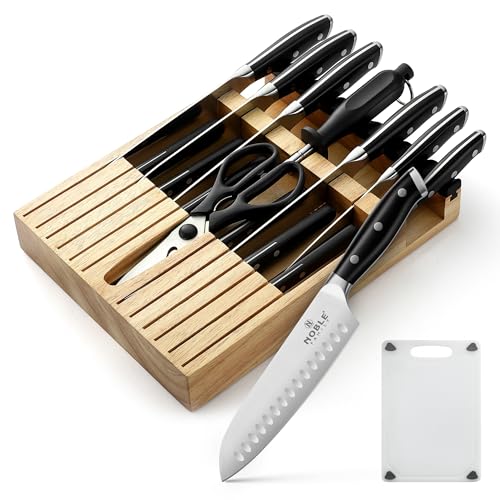I bought a bag of oxalic acid powder a while ago because of a discussion on here, but never got around to using it. Well, I found the teeniest spot of rust on my new catcheside within 5 minutes of pulling it out of the package. Rather than risk messing up the finish, I opted to try out the oxalic acid. A little bit of powder, a little warm water in a dish with a q tip… I’ve never seen rust come off easier. Granted this is a small spot, but it’s also in a slight indent in the metal, which would make it a little more difficult to remove completely. Took all of 5 seconds to remove.
Long story short, this stuff is the bomb for rust.


Long story short, this stuff is the bomb for rust.


























